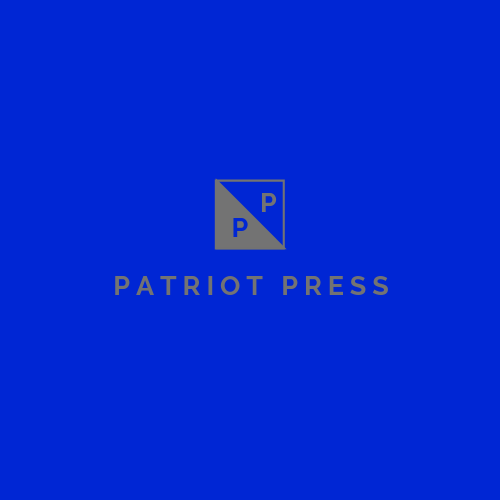Muckrakers and Magnates: Reading The Jungle in Modern America
March 20, 2023
The Jungle by Upton Sinclair is undeniably one of the most influential books ever written in American history. Although the novel’s impacts have largely been taken for granted, its legacy continues to loom large in America today. It was largely responsible for the formation of the Food and Drug Administration (FDA), which was among the first government agencies formed to protect the rights of the consumer; such advances were important in America’s transition from the Gilded Age to the Progressive Era.
Despite its incredible success, it didn’t satisfy Sinclair. The novel was intended to help spread Sinclair’s personal belief in socialism. It originated in the newspaper Appeal to Reason, a socialist publication; Jack London, a fellow socialist, referred to the book as “the Uncle Tom’s Cabin of wage slavery.”
“I aimed for the public’s heart, and by accident I hit it in the stomach,” Sinclair said of his novel.
There is a sad irony in the fact that the book was meant to strengthen the rights of the urban poor, but instead, it ultimately led to social changes that largely benefited the middle class. Despite the novel’s failure at its original purpose, it still deserves to be read by high schoolers today.
The Jungle tells the story of Jurgis Rudkus and his family, who have immigrated to the United States from Lithuania. They are thrown into the poverty of Packingtown, the heart of Chicago’s meatpacking industry, and quickly become the victims of discrimination. Jurgis witnesses the horrific conditions of the stockyards, such as the mistreatment of workers and unsanitary conditions. Tragedy strikes, and much of the family dies or falls to crime, such as prostitution. The novel, despite its cynical tone, has an optimistic ending, where socialism is the solution.
One of the most lasting legacies of the novel was the concept of “muckraking”, a term first used by Teddy Roosevelt. Although Roosevelt was not referring to Sinclair exclusively, the author clearly influenced him. Sinclair and other Progressive Era journalists established a strong tradition of “watchdog journalism.” Reading The Jungle allows high schoolers to receive insight into the origins of modern journalism in America. In today’s increasingly unstable world, a more simplistic approach to such complex issues can be beneficial for some.
However, readers will also appreciate the commentary on society that can be found in The Jungle. Despite the laws enacted due to this novel, food contamination remains widespread today, and the mistreatment of immigrants and the lower class are still relevant. Therefore, reading The Jungle enables readers to correlate the issues of the past that continue to plague society today.
Upton Sinclair’s The Jungle is among the foremost novels in the American literary canon, and its impact has been consequential; as such, it is a definite must-read.





